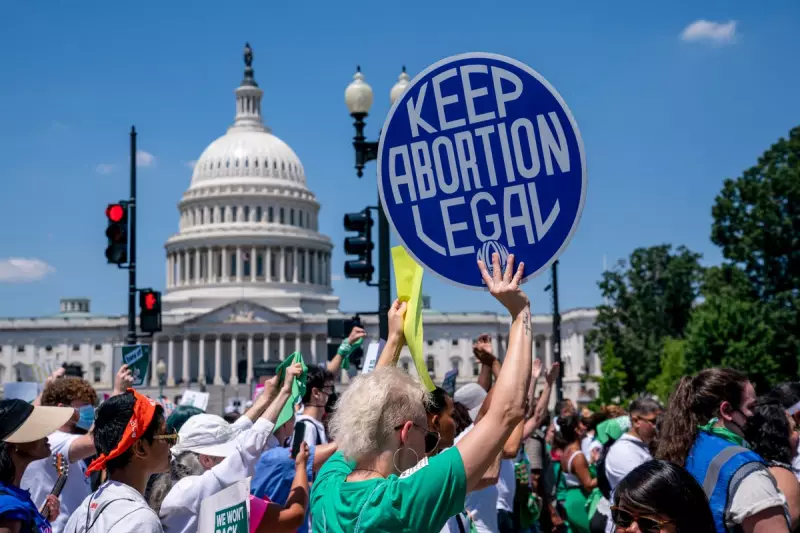
In a move that has sent shockwaves through the armed forces community, former President Donald Trump is facing a fierce backlash from US veterans and active-duty troops. The controversy centres on proposals that would slash Department of Veterans Affairs (VA) benefits for servicemembers seeking abortion access and other reproductive healthcare.
The Independent can reveal that a growing number of military personnel view these potential cuts as a profound betrayal, arguing that the government is reneging on its duty of care to those who have served their country. This sentiment is particularly strong among veterans who rely on the VA for comprehensive medical support.
Core of the Controversy
The proposed changes would significantly restrict access to essential healthcare services for thousands of military personnel and their families. For many, the VA system is not just a benefit but a lifeline, providing critical medical care that is often difficult to access elsewhere.
Critics argue that targeting abortion access through benefit cuts places an undue burden on servicemembers, especially women, who already face unique challenges and sacrifices in their line of duty. The debate touches on deeper issues of bodily autonomy and the nation's commitment to its military families.
Military Community Reacts
Reaction from the veterans' community has been swift and severe. Many feel that their service and sacrifices are being overlooked in a political game, with their healthcare becoming a bargaining chip. Active-duty troops, often hesitant to speak out publicly due to service regulations, have expressed similar concerns privately.
The proposal has sparked a broader conversation about the long-term support systems for military personnel, raising questions about whether political ideologies should influence essential healthcare provisions for those who defend the nation.
Political Implications
This development places Trump in a precarious position with a demographic that has historically been a key part of his base. The alienation of even a small segment of military voters could have significant repercussions in future elections.
As the 2024 election cycle approaches, the handling of veterans' affairs and military support is likely to become an increasingly contentious issue, with both sides of the political aisle preparing to leverage the debate for electoral advantage.
The coming weeks are expected to see increased lobbying from veterans' groups and heightened political manoeuvring as this proposal works its way through the political system, potentially affecting millions of current and former servicemembers.





